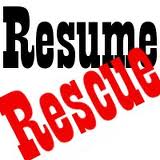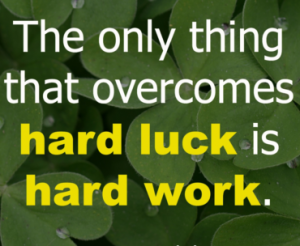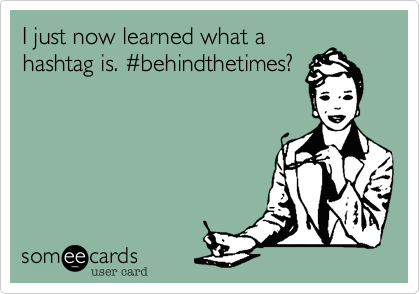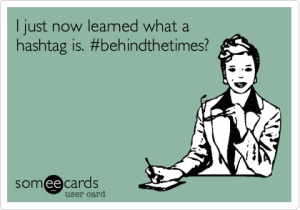Does Your Resume Reveal Your Age?
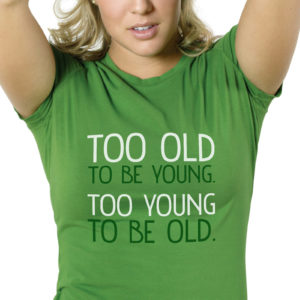
In my previous blog posts on the subject of your resume I hope I’ve convinced you that this document is NOT a list of everything you’ve ever done in your life as an actor, but a road map or “vetting” doc of determining whether you’ll get an audition, meeting or other appointment. It’s only job is to get you in the door.
The reader of your resume is a human being (for now – watch out for AI in the future) and has their own set of “glasses” or perspective they are reading with/through. That being said, without actually having a number, or even range of numbers, printed on that doc, the format and contents of your resume say a lot about your age.
Age discrimination is a fact of life in today’s everyday job market and there are numerous articles in the trades that confirm it in our business of show too. This goes both ways for the young and just starting out, and the older professional, been in the game for years, actor.
Home Address
For many years, we sent our resume and cover letter through the mail. Even then we knew not to put our home address on the top, however many did. Fact is, there has never been a need to put your home address on the resume. It often excludes actors who live a distance away from the “action” and also shows that you’re either very young and green or older and out of touch. Thank goodness there’s no field for this in online profiles.
There are other reasons not to include your home address:
- Economic profiling
- Length of commute (especially in LA)
- Personal safety
If anyone needs your home mailing address, they can ask for it.
E-Mail Address
One sure sign that you are over 50 is to have a aol.com e-mail address, or even an e-mail address from your cable provider like rr.com on your resume. Yes, I confessed in a previous post that I still have an @aol.com address, but it pulls into my @gmail account and is only used for log-ins and other personal matters. For those just out of school, the same thing applies for your @______.edu address.
Either sign up for a gmail address or get your own domain, i.e. Jane@JaneDoe.com.
Your email address says something about your professional brand. I see too many “cutesie” email addresses that don’t “ring” professional actor out there or long, complicated, hard to remember/read/spell addresses unrelated to YOUR NAME. If possible I recommend using a separate e-mail address for your acting related business.
Home Phone Number
Who under a “certain age” still has a home phone? I ditched my home phone about 10 years ago, and I am a bit older than you may think! If you still have a home phone and do not want to give out your cell phone number, get a Google Voice number. Put it on your resume as your cell number. You can set it up so that it will ring on multiple phones (both home and cell). It can be configured to transcribe the message, and then e-mail and text you the transcription. Sometimes the speech to text function of the transcriptions can be really funny. When I was at the agency, I had a separate Google Voice number and one actor left me a message and her name was transcribed as stressed out waters.
Double Space After Period
I am going to go out a limb and declare that putting two spaces after a period is obsolete. It is how most of us were taught to type on a typewriter like I was in the 7th grade! I’m super grateful for that education and definitely still guilty of the automaticity of two spaces but am working on it. This shows up mainly on the web where formatting in blog posts like this one and other forms and profiles have certain templates making two spaces after the period have it look “off”. Therefore, most of us who do this are over 50 years of age.
Special Skills
Limit the skills you list on your resume to current and relevant skills. I have seen many actor resumes that list every sport they’ve every played but would no longer get cast doing. This also applies to the younger actor listing what “older” actors would be doing or tasks they’d be performing. Anything regarding technology systems, like “proficient in MS-DOS” is obsolete. By the way, putting any skill on your resume that anyone can be filmed as if they are doing it (working at a computer, painting, cooking) is not needed in the first place. That’s the magic of the movies!
Look at your resume—what does it say about your age? Show it to others and ask them what it says about you. And please forgive any and all double spacing after the periods!
I welcome, as usual, any and all comments below…
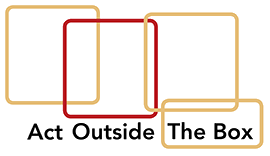
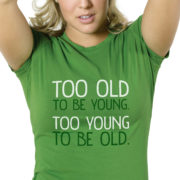







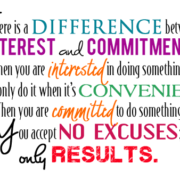
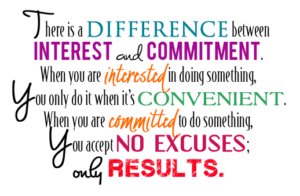 “There’s a difference between interest and commitment. When you’re interested in doing something, you do it only when time and circumstance permits. When you’re committed to something, you accept no excuses; you take inspired action, and create miraculous results!” ― Art Turock
“There’s a difference between interest and commitment. When you’re interested in doing something, you do it only when time and circumstance permits. When you’re committed to something, you accept no excuses; you take inspired action, and create miraculous results!” ― Art Turock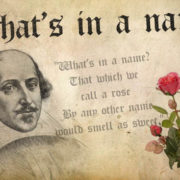
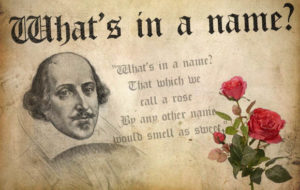 Let’s dive a little deeper into the psychology of your resume and the effect of names, or in fact the words in general, that you put on it.
Let’s dive a little deeper into the psychology of your resume and the effect of names, or in fact the words in general, that you put on it.